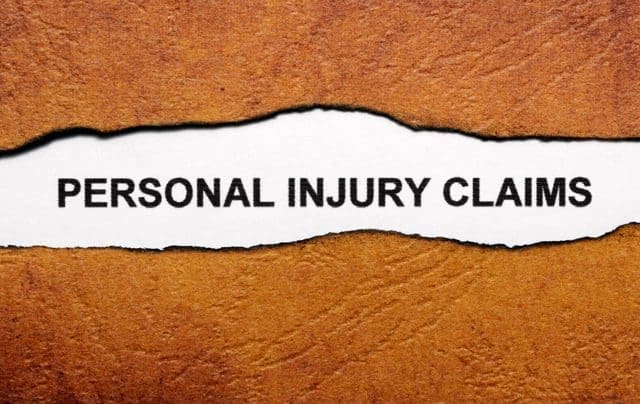Creencia irracional
The Legal Discussion of Rationality: Unreasonable Belief in Focus
In the multifaceted world of law, the concept of ‘unreasonable belief’ plays a pivotal role in shaping the outcomes of various legal proceedings. Understanding this concept is crucial for both legal professionals and clients, as it directly impacts the reasoning and decision-making processes in court cases.
Defining Unreasonable Belief: At its core, an unreasonable belief refers to a conviction or assumption that lacks rational basis or support from factual evidence. In legal settings, this concept often comes under scrutiny, especially in cases where a party’s actions or decisions are based on such beliefs.
The Legal Implications of Unreasonable Belief: Holding an unreasonable belief can significantly affect the course of legal proceedings. It can lead to flawed arguments, misguided strategies, and, ultimately, unfavorable outcomes. Courts often assess the reasonableness of beliefs to determine liability, intent, and the credibility of witnesses or parties involved.
Unreasonable Belief in Criminal Law: In criminal cases, the concept of unreasonable belief is frequently examined, particularly in the context of defenses like self-defense or insanity. A defendant’s belief in the necessity of their actions, if deemed unreasonable, can lead to the rejection of these defenses and subsequent convictions.
The Role in Civil Litigation: In civil cases, unreasonable belief may pertain to contract disputes, negligence claims, and other areas where a party’s belief about a situation or agreement is contested. Demonstrating that a belief was unreasonable can be key to establishing liability or fault.
Assessing Belief Rationality: Determining the reasonableness of a belief involves a careful evaluation of the surrounding circumstances, evidence, and the standards of a reasonable person. Legal professionals must skillfully navigate this assessment to build strong, credible cases.
Challenges and Strategies for Legal Practitioners: Attorneys face the challenge of addressing and countering unreasonable beliefs, whether held by their clients, opposing parties, or witnesses. Crafting legal strategies that align with rational reasoning and factual evidence is essential in these scenarios.
Educating Clients about Reasonable Expectations: Part of a lawyer’s role involves educating clients about what constitutes a reasonable belief within the legal framework. This includes setting realistic expectations about case outcomes and guiding clients towards rational decision-making.
The Importance of Evidence-Based Reasoning: In all legal matters, grounding arguments and beliefs in evidence is crucial. This evidence-based approach not only strengthens a case but also aligns it with the legal system’s rational and objective standards.
In conclusion, the concept of unreasonable belief holds significant weight in the legal world. It necessitates a deep understanding of how beliefs align with legal standards and the importance of rational, evidence-based reasoning. For legal practitioners and clients alike, recognizing and addressing unreasonable beliefs is key to navigating the complexities of the legal system and achieving fair, just outcomes.


